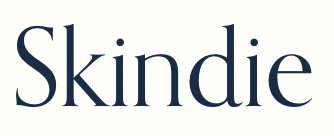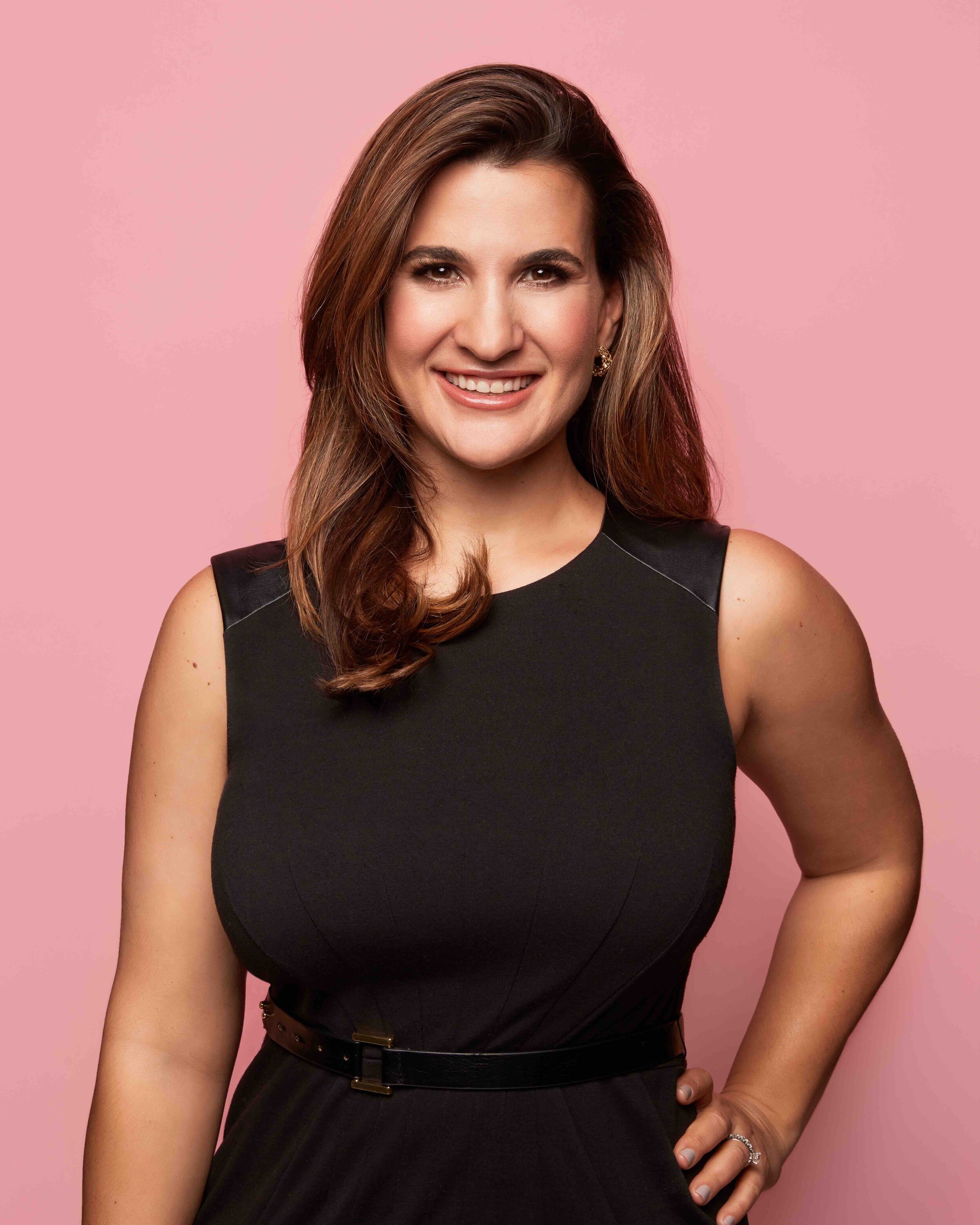Meet Rachel ten Brink of Red Bike Capital
Rachel ten Brink is the General Partner and Co-Founder of Red Bike Capital. Named Entrepreneur Magazine’s 100 Most Powerful Women of 2020, Rachel is a Founder, Board Member, Investor and Growth expert. Rachel was a Partner at Five Four Ventures. She was Co-Founder and CMO of Scentbird, a Y-Combinator backed ecommerce startup that raised $29MM in venture funding. Rachel led growth, brand and revenue, scaling the company to over half a million monthly paying subscribers. Before this, she spent 20 years at top global companies building billion-brands at Elizabeth Arden, Estee Lauder, Gillette and L’Oreal. She is a mentor at Y-Combinator, 500 Startups, Techstars and others, and was recognized as Top 50 Latinx Tech Leaders in the US.
Q: Can you tell us about how your new venture Red Bike Capital started and why?
A: Red Bike Capital is an early stage VC fund investing in consumer technology. We’re excited to support US-based founders reimagining FinTech, Ecommerce Infrastructure and Consumer Tech.
It really started very organically. Based on my experience as a co-founder of Scentbird, I had strong first hand knowledge of what made successful startups and loved working with early stage founders. I started advising founders that would recommend other founders to reach out, and eventually, I realized I had an incredible deal flow of great founders building great companies. I started investing my own money and angel invested in 18 companies across our three verticals (FinTech, E Commerce Infrastructure and Consumer Tech). Founders kept encouraging me to invest and I eventually decided to launch an early stage fund.
Q: You’ve worked with many start-ups across multiple industries as an advisor and angel investor, is there one partnership that sticks out as the most memorable/enjoyable? And why?
A: Different founders need different things at different moments in time. I have really enjoyed working with Tai Adaya from Habit and Carlos Barreto from Cleverman because I started working with them from the earliest concept stages and now that they’ve launched, we continue to work together tackling growth challenges. I love seeing the evolution and growth of founders and their startups.
Q: Before you ventured into the entrepreneurial space you worked for legacy beauty brands like L’Oreal and Estee Lauder. What is the most valuable thing you learned working for these big companies and how has that learning helped you along your career?
A: I would say how to work in large teams, scale and to keep a global perspective. Number one, these large companies are highly matrixed and need processes because many stakeholders and departments are involved; it’s a great discipline to learn early in your career. Second, legacy brands are built for scale and look at every launch through the lens of the size of the opportunity. It’s important to have a clear view of whether your idea is scalable or not. Finally, a global perspective since both L’Oreal and Estee Lauder do over 60% of their business outside of the US. Understanding Asian, European and LatAm consumers and markets is critical.
All of these skills have been critical in my career as a corporate executive, startup founder and now VC.
Q: You co-founded subscription based beauty companies Scentbird and Deck of Scarlet. What can you tell us about the evolving role technology is playing in the beauty industry and where it’s headed?
A: Consumers are changing and consuming the beauty category in ways that fundamentally will shift the business landscape. For example, while manufacturers prefer large bottle formats for fragrance due to attractive margins, consumers don’t want to get stuck using the same perfume for years. For them, the ability to choose small sizes of different perfumes every month is very compelling and technology enables that.
Similarly, I am bullish on personalization and how technology will enable the next generation of beauty companies specifically targeted to treating each consumer’s individual needs. I think it’s still in a very early stage and the consumer has not fully understood the power (nor have the technological innovations been fully unleashed) but the potential is there.
Q: How has your Latin heritage informed your perspective on beauty? Has it influenced your work approach or your worth ethic?
A: Beauty has played a huge role in my life. As a Latina, I was encouraged to explore my femininity, and to enjoy makeup and fragrance at an early stage. I have always seen beauty as a sensorial pleasure and empowerment. My first memory of fragrance is “Agustin Reyes Agua de Violetas” poured over my head as a baby. It is a tradition I continued when my kids were babies (and I sentimentally love violet notes).
In terms of work ethic, growing up in a family of immigrants who had to leave everything behind to make a better life for themselves in the US taught me a lot about hard work and respecting people’s dignity. My family is Cuban and when Castro came, my maternal grandparents were forced to leave everything behind. My grandfather, a dentist, could no longer work as a dentist since he was not registered in the US, and my grandmother, a pharmacist, became a seamstress at a large department store in New Orleans to make ends meet. Despite this, they always had hope, dignity and strength. It is something that guides me to this day.
Q: As we recently celebrated Latinx heritage month, can you let our readers know what your favorite Latina founded beauty brands and products are?
A: There are so many! I am a huge fan of Tai Adaya at Habit and Baba Rivera at Ceremonia. I love how each of them is adapting their personality and heritage to build the next generation of Latinx brands.
Q: What is the one piece of beauty advice you would like to give to our readers?
A: Have fun with beauty — but not too much, especially with skincare, and be conscious of too many aggressive ingredients layered on top of each other. Give your skin a little break sometimes and balance more active skincare with more gentle formulas. Also, understand that your skin biome is important and overly aggressive formulas can strip that.
On the other hand, my grandmother — who had the most amazing skin — taught me to always, always wash your face before going to bed.
Q: Your journey in the beauty industry is very inspirational. What is the one piece of advice you’d give a budding beauty entrepreneur?
A: The world is full of beautiful brands, with beautiful formulas in gorgeous packaging that never go anywhere. Product is important, but don’t lose sight of all the other key elements to build a successful brand- acquisition plan, distribution, logistics, supply chain, managing your cash flow — all those “unsexy” pieces of the business are critical to your success.
Also, be realistic about your unit economics and what the right distribution channels are. Certain products are very hard to make work DTC (e.g. low price point items since CAC (customer acquisition cost) remains astronomical and shipping costs can kill you).


